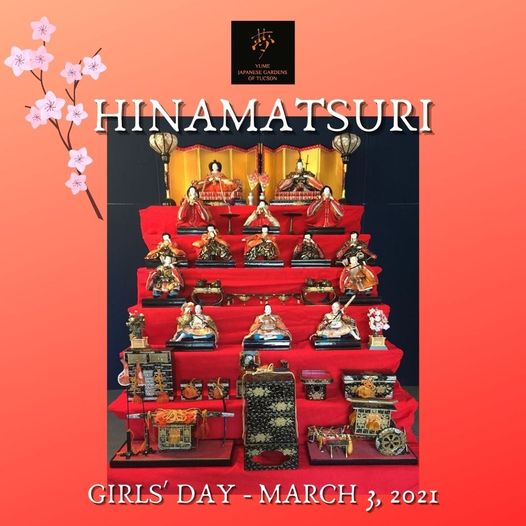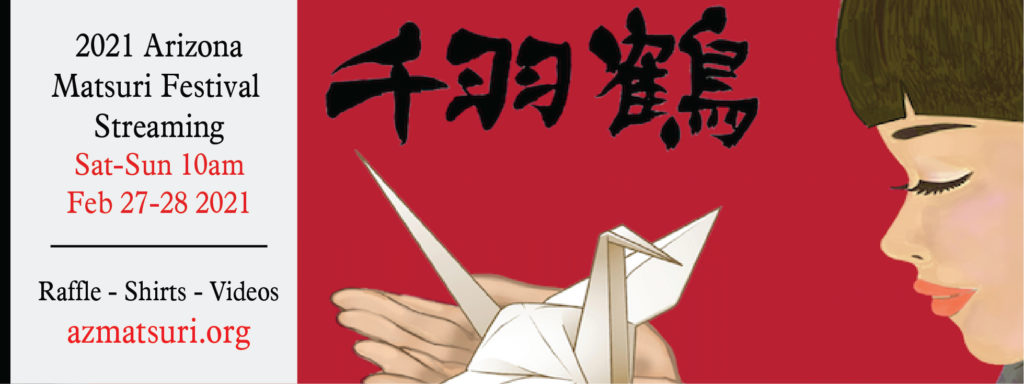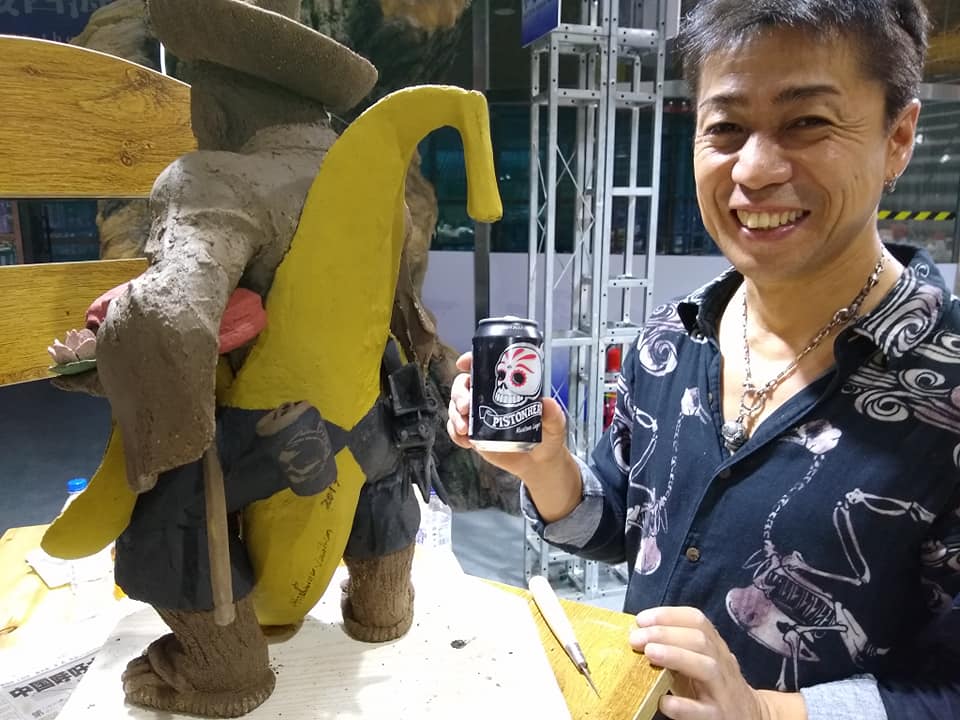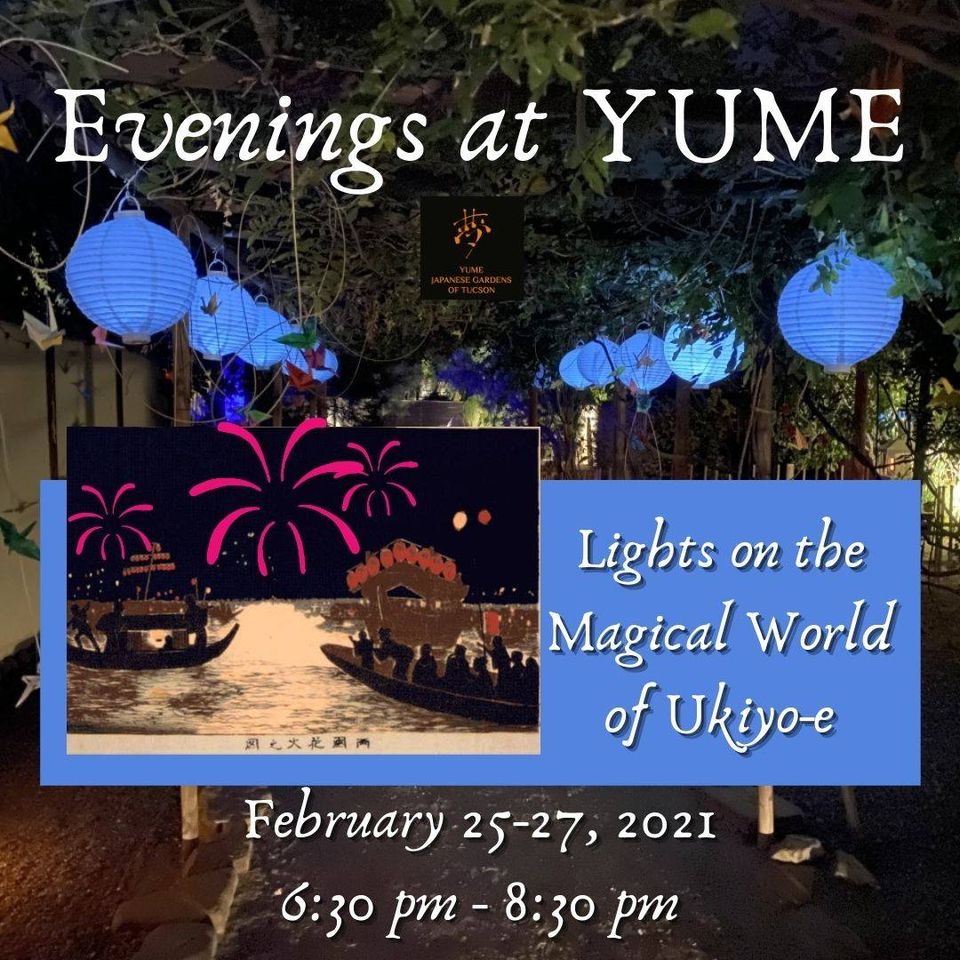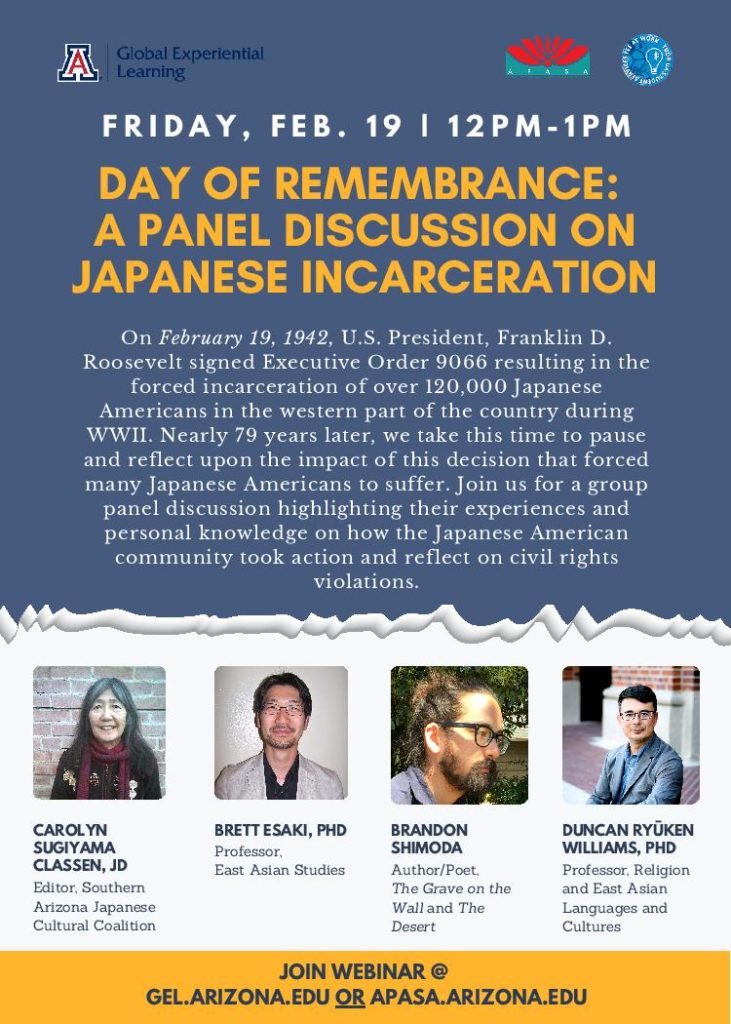“Janice P. Nimura is an author whose work includes “Daughters of the Samurai: A Journey from East to West and Back,” which was a New York Times Notable book in 2015. She has written essays and book reviews for the New York Times, the Washington Post, the Los Angeles Times, the Chicago Tribune, Salon and LitHub, among others.
Nimura has also received a Public Scholar Award from the National Endowment for the Humanities in support of her work on “The Doctors Blackwell.””
She is married to a Japanese National from Tokyo and lived in Japan for several years.

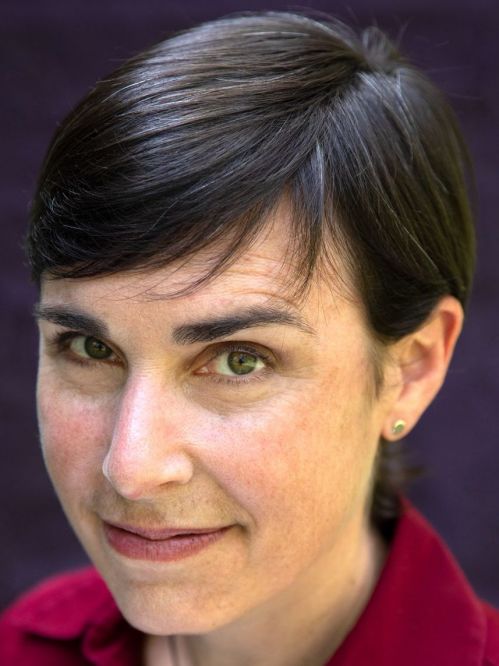

Scheduled events:Who Makes History?What makes history, who makes it and why are some stories told – and some aren’t? Historians Janice Nimura, Jacquelyn Dowd Hall and Susan Crane come together to discuss these intriguing questions and much more.
Non-Fiction Stage 2 (Seats 1000)
Sat, Mar 6, 9:00 am – 10:00 am
History / Biography
Panelists: Susan Crane, Jacquelyn Dowd Hall, Janice Nimura
Moderator: Susan Crane
_________
“Mark Oshiro is the award-winning author of the young adult novels Anger Is a Gift and Each of Us is a Desert. Their middle grade debut, The Insiders, will be released in late 2021. When they are not writing, they run the online Mark Does Stuff universe and are trying to pet every dog in the world.”
Mark was adopted by a Japanese/Hawaiian father, originally from the island of Lanai. He has spent a lot of time on Oahu.

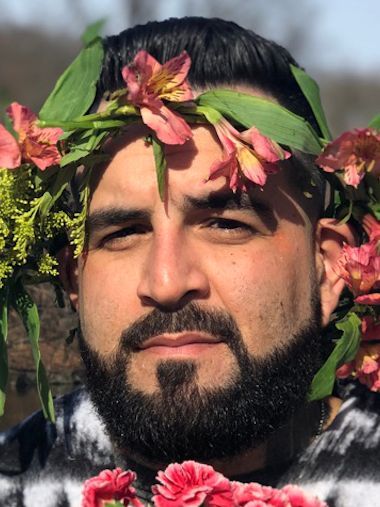

Scheduled events:Fantasy Worlds of Power and DeceptionJoin these three young adult authors who built dark fantasy worlds and high-octane tales of power, betrayal, sacrifice and love set in Greek mythology, ancient Arabia and treacherous deserts. These haunting tales grab hold of the reader and don’t let go.
CT Stage 3 (Seats 1000)
Sun, Mar 7, 1:00 pm – 2:00 pm
Children / Teens
Panelists: Alexandra Bracken, Hafsah Faizal, Mark Oshiro
Moderator: Michelle Mohrweis
Info at www.tucsonfestivalofbooks.org.
To sign in to see the virtual presentations/sessions, you will need to go to www.crowdcast.io/tfob and create a password, which gives you access to the TFOB website. Video on how to navigate that website is at: https://tucson.com/news/local/watch-now-navigating-the-virtual-tucson-festival-of-books/video_6f87aefd-a111-5291-a51d-9305dca7fb6c.html#tracking-source=home-top-story-1
__________________

